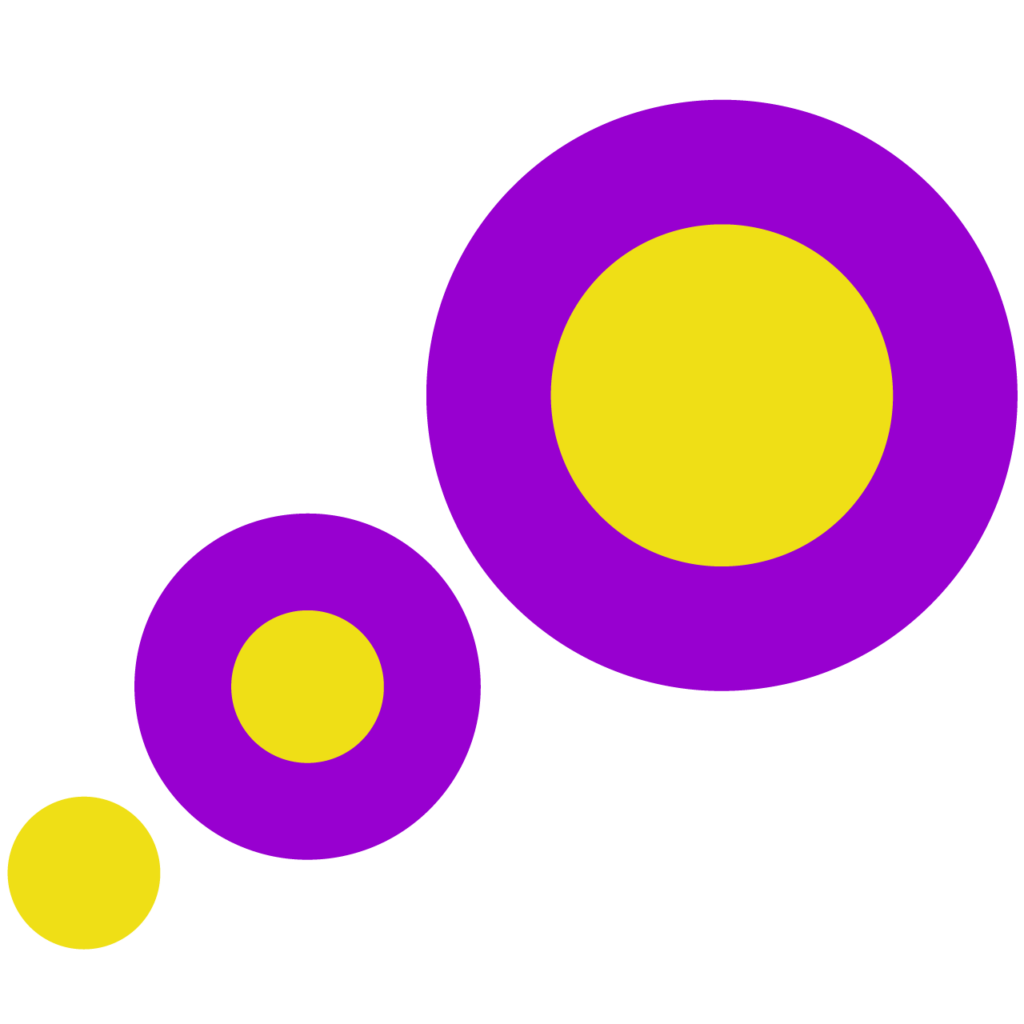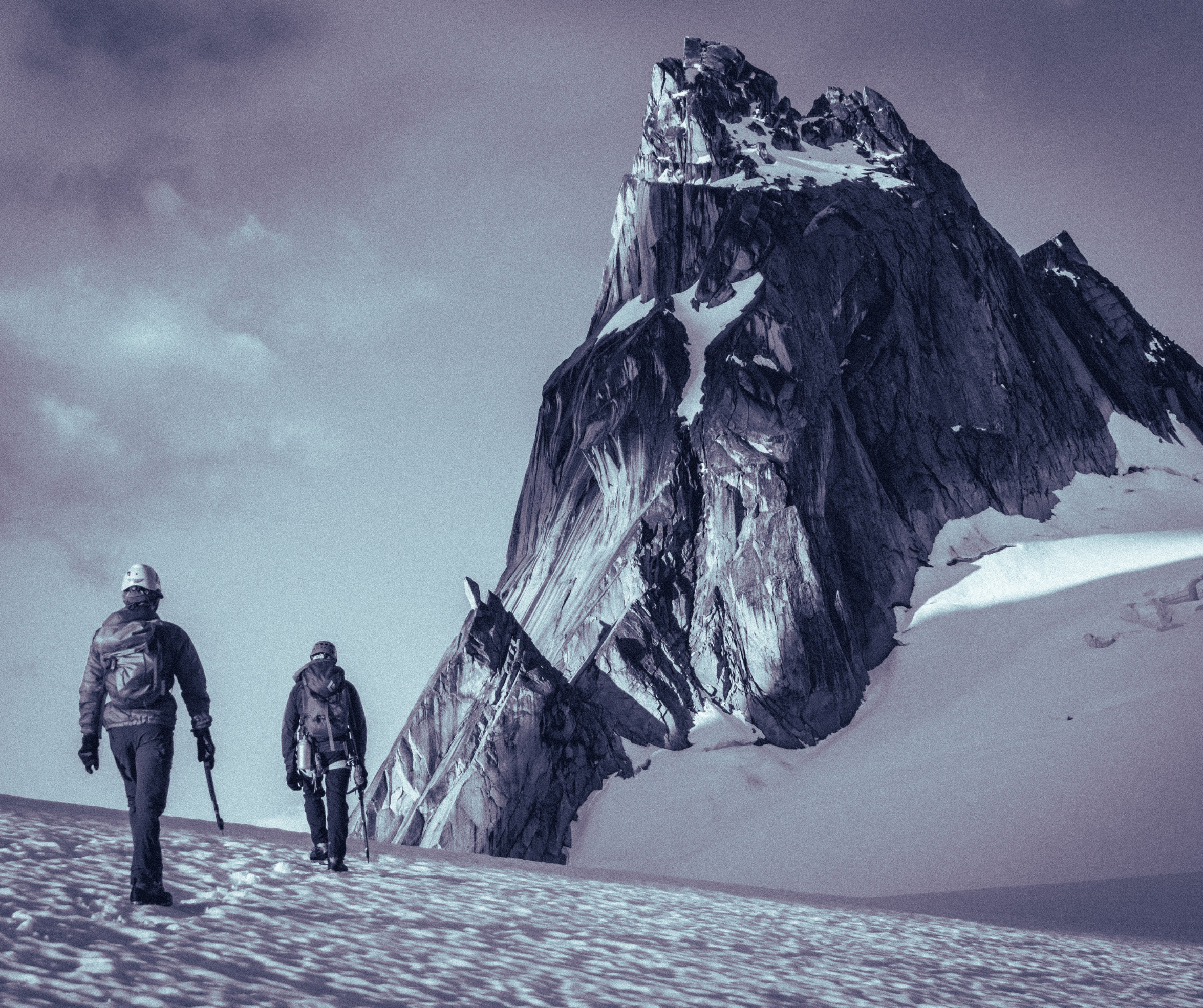Teaming is not a discipline or a process. It is a transformative journey to achieve a collective way of being, interacting and working together.
Teaming up and transforming into a sustainable and adaptable value-creating team is a journey! Not dissimilar to climbing the illustrious K2 Mountain. Can we train and get ready for such an endeavor? Certainly. Yet, just like mountaineering is a lifestyle rather than a workout, teaming is a collective way of being, interacting, and working together rather than a simple process or discipline. Similarly, there is no general guide or methodology for team coaching, just like there is no general guide for mountain climbing.
How does team coaching compare to climbing K2?
- Trust
- Collaborative effectiveness
- Collective responsibility Accountability
- Total calibration with their systems.
While climbing a mountain like K2 requires personal effort and commitment, it is the power of effective collaborative teamwork that makes it possible. The inherent risks associated with climbing require the utmost collaborative effectiveness. And a deep, genuine trust among the climbing team – having each other’s back and being able to rely on needed expertise! Moreover, K2’s volatile weather and remote location command to fully tune into the climatic conditions and their unpredictable changes and to lean on shared leadership rooted in timely, relevant expertise. The slightest change in weather or terrain has an impact on the team, and any intervention by any team member impacts the team. Hence, all must be attuned to their actions and reactions within the larger environment. All team members are collectively responsible for and accountable to each other.
Purpose, clarity of roles and responsibilities, radical collaboration, shared leadership, a systemic approach, and a deliberate discipline of integrating the team’s experience are the core of a successful climbing expedition.
What makes teaming so effective for a group climbing a perilous mountain?
- Clear purpose – to reach the peak without fatalities
- Clarity on each team member’s role – the collective leveraging of each member’s skills and expertise, dictated by the situation and circumstances
- Radical collaboration and shared leadership – building psychological safety and trust to have each other’s back
- Systemic approach – incorporating the team’s impact on the systems and vice-versa
- Learning from experience – collectively integrating the team’s learning from common experiences or individual know-how and expertise for the benefit of the Team
Team coaching provides a safe container. Team members become aware of their individual and collective behavior, expand the contours of psychological safety and trust, enhance their collective capability, and learn to share leadership, to deliver the sustainable value commissioned by its stakeholders.
The same individual and collective behavioral requirements apply to teams in organizations. Teams are part of a larger system in which any change in one part impacts that part and the system as a whole. In this constant tension between the team and its systems, a team can create the sustainable value commissioned by its stakeholders. Team Coaching is about partnering with a team to create a versatile and agile ecosystem that can continuously capture and transform this tension into sustainable value. It provides the team with a safe teaming ‘lab’ where team members become aware of their individual and collective behavior, expand the contours of psychological safety and trust, enhance their collective capability, and learn to share leadership.
Why is team coaching so relevant? Research shows that teams almost always make better decisions than individuals and can achieve increased innovation, enhanced customer experience, and better operational performance, to name a few. As a matter of fact, collaborative work takes up 80% of the average employee’s day. However, alignment, collaboration, communication, and trust remain common challenges to team performance.
Our world needs more than high-performing teams. We need high-value-creating teams to address the challenges we face today and create sustainable value.
Moreover, in a world faced with fast and continuous change, increased complexity, and the daunting challenges of global warming, natural disasters, pandemics, water scarcity, hunger, and poverty, to name a few, we need the plurality of our thoughts, the diversity of our perspectives, and the capacity to collaborate and create together and from each other to fire up the innovation and creativity necessary to find and implement solutions. Teams can no longer merely be high performing; they need to be able to create sustainable value. This is best achieved through a systemic approach of team coaching that provides holistic support to teaming in relation to its systems.


